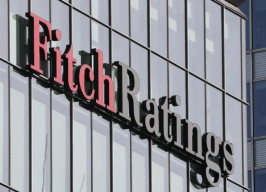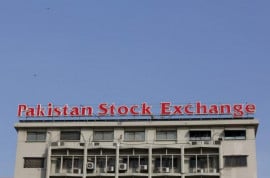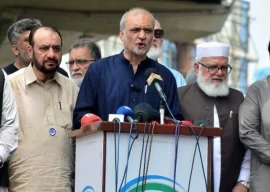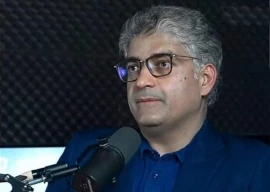
Industrialists in Karachi have expressed deep disappointment over the State Bank of Pakistan’s (SBP) recent monetary policy, which reduced the policy rate to 19.5%. They describe this reduction as inadequate given the dire economic situation, where Small and Medium-sized Enterprises (SMEs) are rapidly closing due to the unbearable cost of doing business.
They urged the central bank to lower interest rates further to address high production costs and foster industrial growth. Reducing the burden of costly loans would positively impact the economy and significantly enhance the country’s export performance. The industrialists criticised the tight monetary policy, noting that the high cost of loans makes it difficult for industries to operate effectively.
Karachi Chamber of Commerce and Industry (KCCI) President Iftikhar Ahmed Sheikh expressed that the KCCI had expected a substantial reduction in the interest rate and basis points, but it was only reduced by 1%. “With a decrease of 100 basis points, the key policy rate now stands at 19.5%, which is still too high. It must quickly go down to a single digit, around 7 to 8%, similar to other countries in the region and around the world,” he said.
Sheikh pointed out that the business community wants to see interest rates drop to a single digit, which would encourage borrowing and promote expansion due to reduced costs, benefiting the economy. He criticised the SBP’s tight monetary policy, which has led to expensive borrowing and has significantly suppressed the manufacturing sector, making substantial rate cuts inevitable.
Site Association of Industry (SAI) Karachi President Mohammad Kamran Arbi also deemed the recent interest rate cut insufficient. He urged the central bank to further reduce rates to a single digit to help lower production costs. High interest rates, he argued, place a significant burden on industries, making it difficult for them to compete globally.
Arbi highlighted that the SAI had suggested a single-digit policy rate in their budget proposals to address the heavy strain on purchasing power due to rising production costs. He pointed out that currently, 80% of borrowing is by the government, while only 20% to 22% is by the private sector.











1722244248-0/tlprrt-(1)1722244248-0-270x192.webp)







COMMENTS
Comments are moderated and generally will be posted if they are on-topic and not abusive.
For more information, please see our Comments FAQ